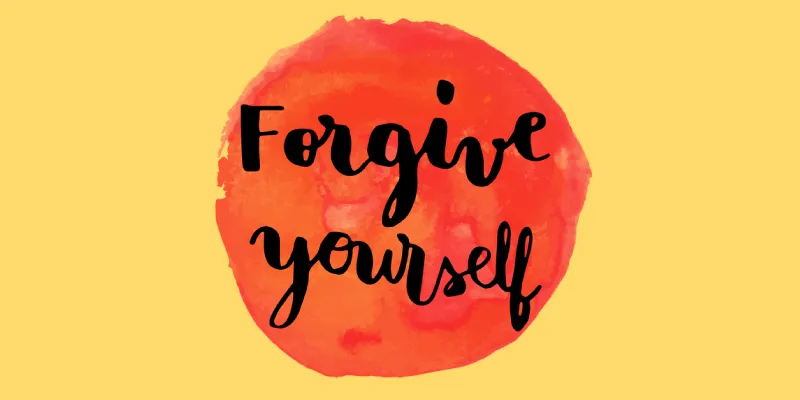5 ways successful people react to setbacks
Craig Newmark, Founder of Craigslist, admitted in a LinkedIn article, “Any career success I enjoy has been by virtue of getting downsized. For me, that means either laid off or otherwise made an offer I couldn't refuse, like an internal transfer, sometimes with a big demotion.” In fact, at a certain point in his life, he chose to demote himself from CEO to a customer service representative. He explained, “By that point, I'd internalised the big lesson: that the only way I learned and moved ahead was through the right kind of trauma.”
Most people have become successful because of their talent, hard work, unflinching determination and a tiny stroke of luck. They have faced setbacks that seem impossibly undefeatable to the rest but still battled their way through them. Here are some ways in which successful people react to setbacks:

Image : iStock
They self-reflect
Successful individuals reflect on their good and bad experiences. They perceive both as learning experiences. This helps them re-evaluate and reaffirm themselves.
Oprah Winfrey was fired from her first TV job as an anchor in Baltimore. While reflecting on her experience, she came to the conclusion that she needed to create her own TV channel, which paid off magnificently. Today, she is a household name and a self-made billionaire in the media industry. “There is no such thing as failure—it is just life trying to move us in another direction,” she said.
They engage in other activities
Successful people take a break after their setbacks and engage themselves in other activities. They surround themselves with positive, encouraging and loving people who understand them. They make time for the simple pleasures in life.
Bill Gates loves to unplug from technology and read a book. It helps him unwind and take the edge off. He explained, “I have a rule that I always finish a book once I start it. This might not work for everyone. I only read two books at a time—in fact, usually just one unless one of them is so complex I need to mix things up. I read a lot at night and my biggest problem is that I stay up too late and regret it the next day when I haven’t had as much sleep as I would like.”
They forgive themselves
Most successful people understand the importance of self-compassion. They don’t beat themselves down for their failures. They learn how to forgive themselves. As painful as it might seem, they understand that one has to let go of the past to march into the future. Forgiveness cannot change the past, but it sure can change your future.
They also don’t hold grudges and blame others for their losses. Instead, they keep calm and continue reinventing their success all over again. Like Nelson Mandela had put it, “Resentment is like drinking poison and then hoping it will kill your enemies.”
They recreate their approach
“I have not failed; I have just found 10,000 ways that won’t work,” said Thomas Edison. Despite being a standout inventor and businessman who developed many life-changing devices, including the phonograph, the motion picture camera and a long-lasting, practical electric light bulb, he faced innumerable failures in his life. Yet, he always ensured that he started afresh with what he learned from his mistakes.
Successful people use the learning from their setbacks and failures to recreate their approach. They find a new way of doing things based on what they have learned.
They believe in themselves
Colonel Sanders, the man behind Kentucky Fried Chicken (KFC), had failed about 1009 times in his life. By the age of 20, he had lost his father, dropped out of school, lost jobs, was rejected by law schools, married a girl and fathered a child but lost both of them. By the age of 65, he had faced many more failures and setbacks in his life. He had even considered suicide. But, he suddenly felt that there was so much more he could achieve in a lifetime. He believed in the one thing that he felt he was good at: cooking. Yes, he started KFC at the age of 65. In 1976, the Colonel was ranked as the world’s second-most recognisable celebrity.
Believe in that one thing that sets you apart: your skill, your idea or just you, yourself! And, never stop believing.







